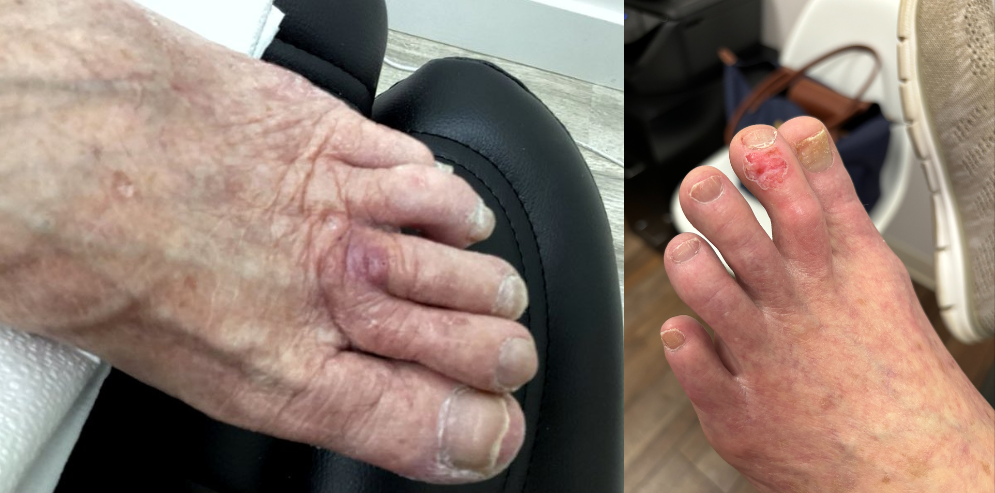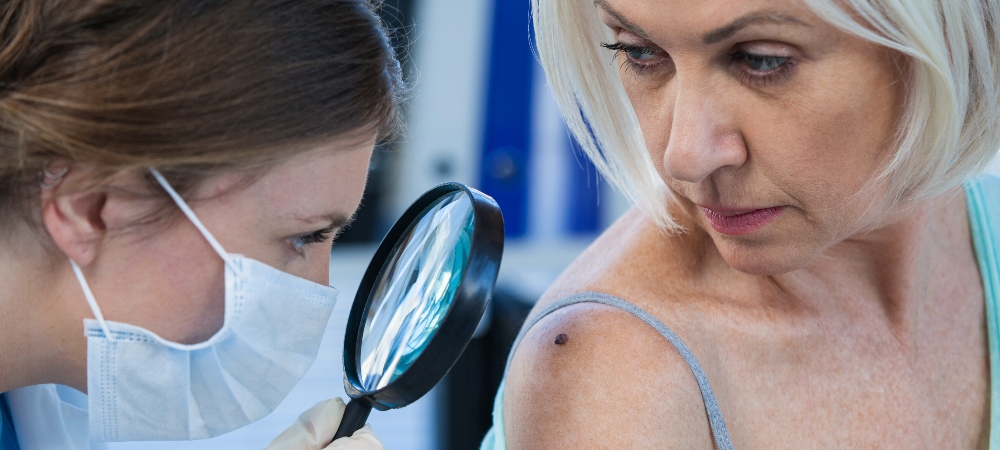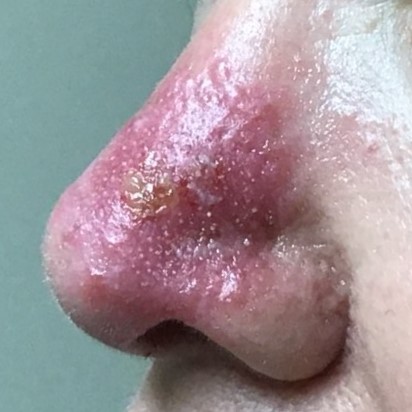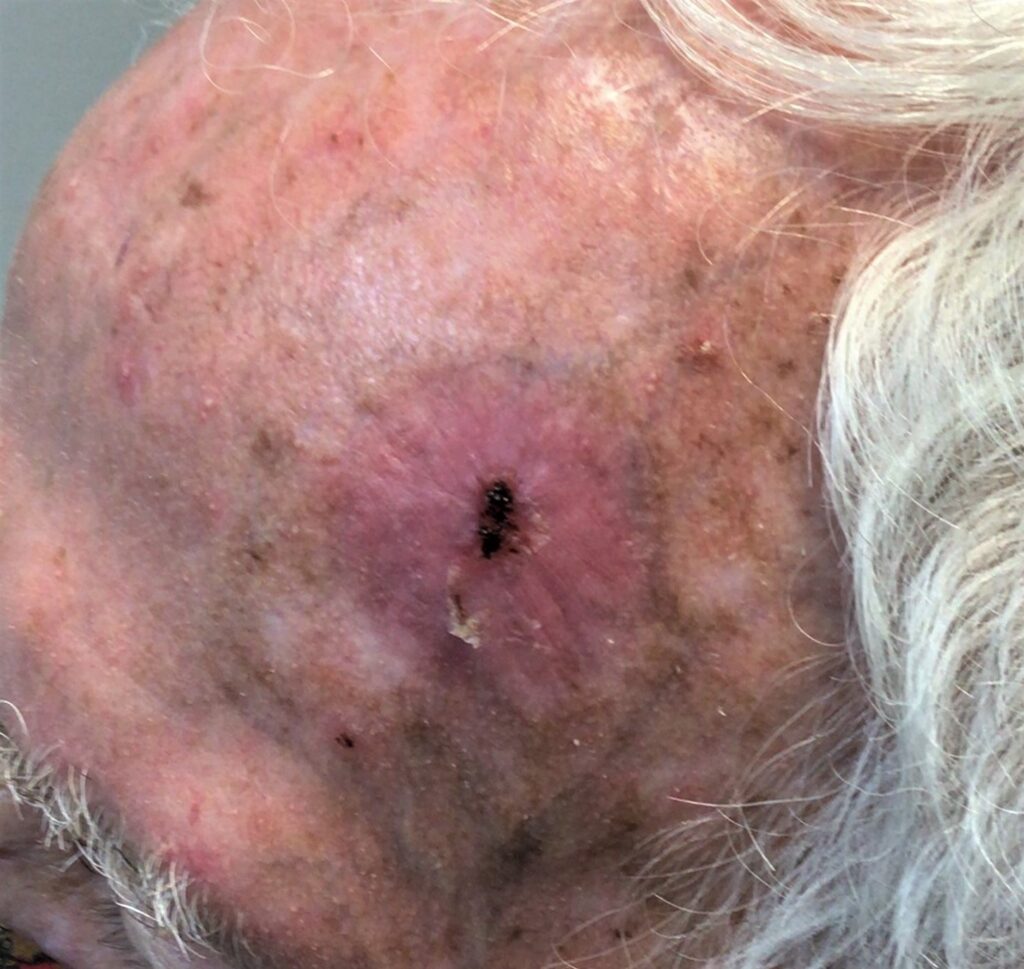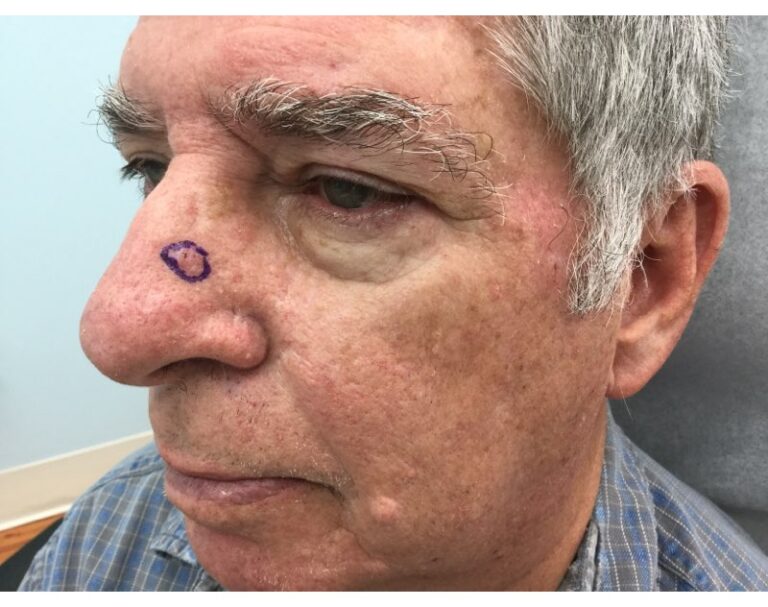
After receiving a skin cancer diagnosis, many people with skin cancer turn to the web to learn more about their condition, skin cancer statistics, and the different treatments available to them. The internet is also a great place to learn more about other people’s experiences on various social media platforms. Whether you’re researching or connecting with others, it’s important to learn how to evaluate skin cancer information online, so that you’re continuing to make the best choices for you with guidance from your doctors.
Online Skin Cancer Information — Websites
When you’re doing skin cancer research online, it’s important to ask the following questions:
Whose name is attached to the information?
Whether the information is managed by a healthcare organization, or it’s an article written by an expert, there should be a group or person mentioned somewhere on the page.
Is the information current?
Check when the information was published or last updated. If it isn’t current, take it with a grain of salt. Cross-reference the information using other reliable sources.
What is the original source of the information that was posted on the website?
If the website is citing information from a book or research journal, the name of the original publication should be mentioned somewhere.
What is the site’s top-level domain?
“.gov” websites are government websites. Websites ending with “.edu” belong to an educational institution. Websites ending with “.org” can also be good sources of information, such as https://www.cancer.org/. “.org” stands for “organization.” Sites that end with “.com” (which stands for “commercial”) are less common when it comes to cancer research, but can be reputable websites nonetheless. If the top-level domain looks untrustworthy, go elsewhere for the information you’re seeking.
Are they asking for personal information?
Never share personal information until you understand how it’ll be used and if your privacy will be protected. Keep in mind that there’s always a risk to sharing your personal information online. If you’re uncomfortable providing your personal details for any reason, leave the website.
Are they marketing a “skin cancer cure” of some kind?
You should be able to find out who’s paying for the project on the “About Us” page. If they’re selling something, such as a “skin cancer cure,” tread carefully. Your doctor will be able to tell you if what they’re marketing is legitimate.
Online Skin Cancer Information — Social Media
If you’ve recently gotten a skin cancer diagnosis, you may feel compelled to connect with other people who are going through a similar situation. Social media can be an excellent way to read other people’s stories and get more information. Make sure you’re following the social media pages of trusted sources only. The National Cancer Institute is a good example; they have accounts on multiple social media platforms you can follow for more up-to-date information.
When reading other people’s stories on social media, remember that everyone is unique. It’s common for users to post about how they’re feeling mentally, physically, and emotionally, or how their treatments are progressing. However, their experience may not be your experience. Never take treatment recommendations from someone other than your healthcare provider. Even if someone has the same type of skin cancer as you, and is undergoing the same treatment, it’s important to remember that they may have a totally different experience than you. Everyone’s body is different.
Get Skin Cancer Information You Can Trust from GentleCure
GentleCure maintains a helpful blog that shares statistics from reliable sources, information on proven treatment options, and more. We believe that knowledge is power and strive to answer many of the questions people with skin cancer often ask. We’re also here to connect people with basal cell and squamous cell skin cancers to locations where they can receive Image-Guided Superficial Radiotherapy — an effective and surgery-free treatment option. Contact us online or call us to speak with our skin cancer information specialists today.
